Verde, groen, 绿色的, verte, green.
Some say the shade of green is lucky, others associate it with nature and health, but I get my kicks out of green when I see it laid over the tan interior space of a timeless classic. I may be a little biased in this argument, but a full-bodied British Racing Green looks at home on just about any vehicle. It’s a colour combination that’s seen a massive spike in popularity over recent years. There is now a cocktail of ultra-modern supercars amalgamated with some true old-school classics; all finished in the same shades. Now that’s a cocktail I can get behind.
Do you still need persuading? I’ve handpicked five of my Green over Tan standouts currently available on Classic Driver. Some are thoroughbred racers, some are post-war cruisers, but all carry a rich shade of green that’s effortlessly contrasted with a tan cabin space.
Pagoda Perfection
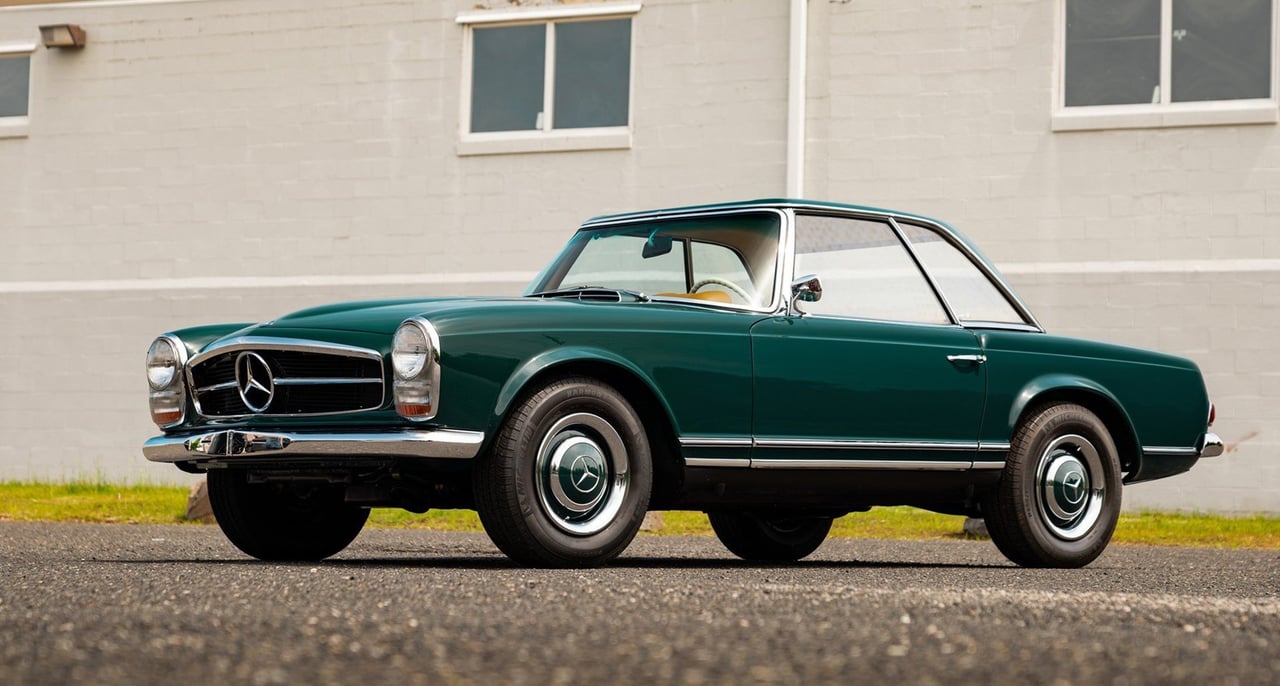
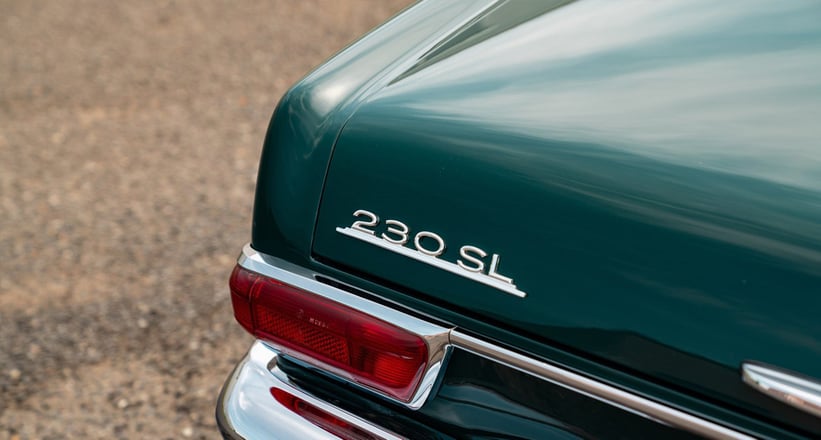

Making its debut back in 1963 at the Geneva Motor Show, the Mercedes-Benz SL had some rather large boots to fill to live up to the reputation set by its slightly older sibling, the 190 SL. This 1966 230 SL looks sublime in its shade of green, though. The simplicity in the SL design allows the shade to flow effortlessly into the interior space too, where the (268) Dark Green paint can be found nestled amongst the Cognac MB Tex, giving the cabin plenty of charm. If you’re looking for a car to glide around Southern France with the wind in your hair, this Pagoda is most certainly a worthy candidate. (Just sell it to me when you’re done!).
Through Yellow-Tinted Headlights
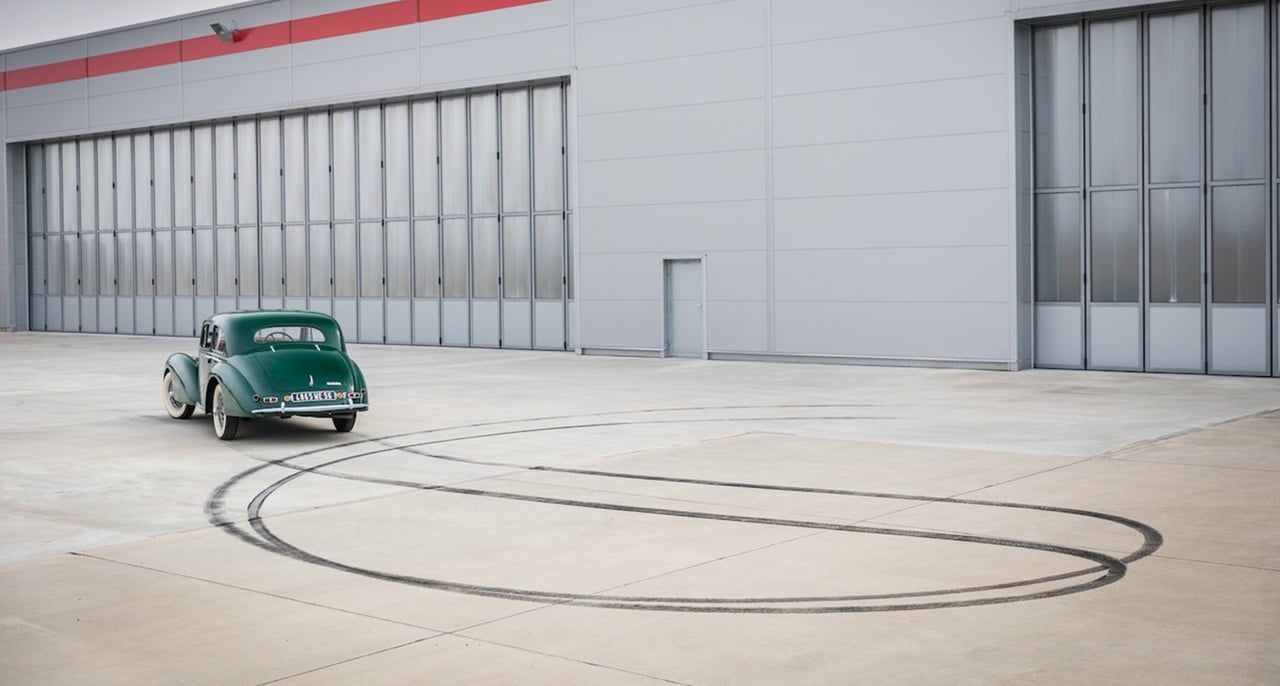
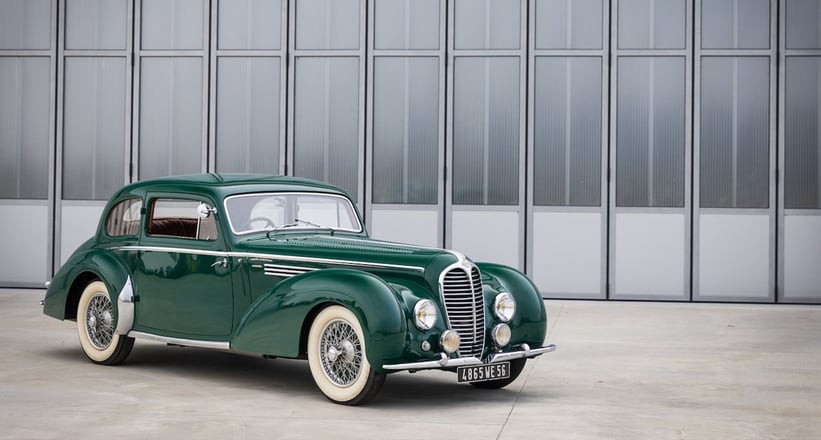
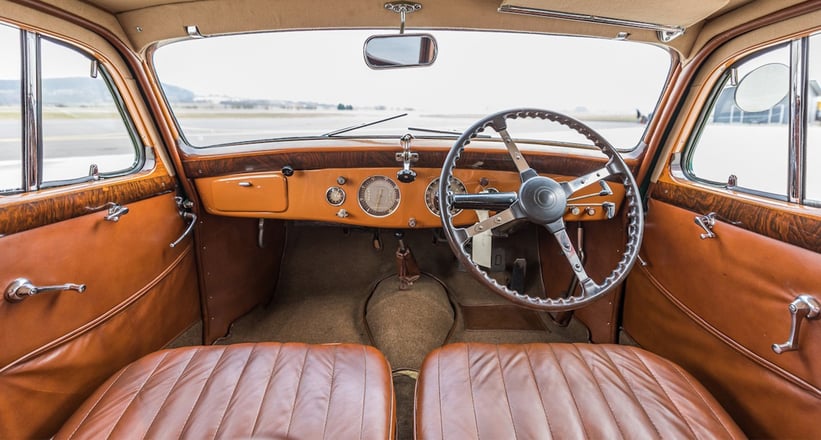
Here’s one for the post-war vehicle lover, a 1947 Delahaye 135 M. Now this might look like your usual late 40s cruiser, but the 135 was a mightily fast car in its day, with performance figures that are still eyebrow-raising. The bodywork was created by famous French coachbuilder Henri Chapron, where the 135 M competed in several prestigious races during its lifespan, including a second at Le Mans in 1937, and first, second, and fourth place at Le Mans in 1938.
This glorious example is bursting with character and charm, with a gentle patina that allows its history to come to light. Finished in a rich deep shade of green over a plethora of wood and leather, the Delahaye is an absolute joy to look at.
Green means speed

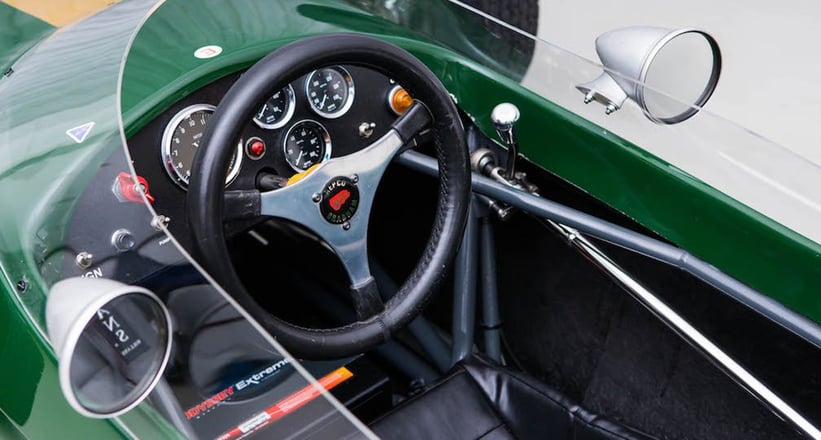
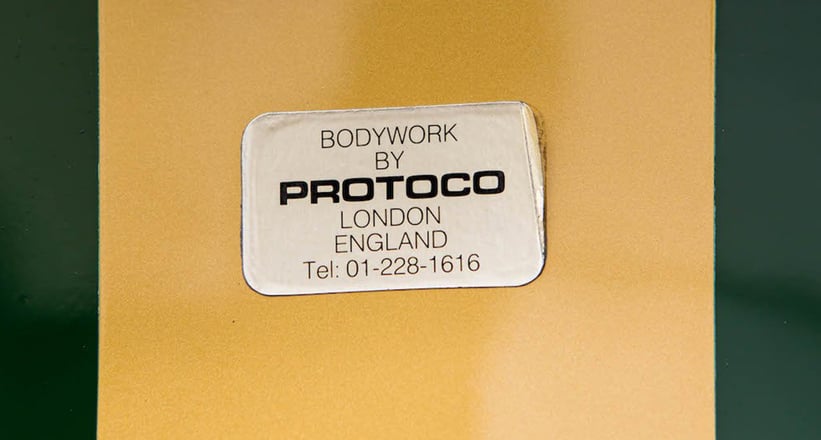
Your gateway to countless historic race events, including the superb Glover Trophy at the Goodwood Revival awaits in this ex-Denis O’Sullivan 1964 Brabham BT10 - Cosworth Formula 2 car. Setting the outright single-seater lap record at Brands Hatch in April 1965, this green machine knows how to handle pressure, with several entries into Europe’s finest circuits over its lifespan.
Remaining in stunning condition throughout, this Brabham might technically be more Green Over Black, but the iconic golden stripe that runs elegantly up the car is good enough for us! The exposed suspension components, period #37 on the side and builder’s stamps littered around the car give this Brabham a real presence on the race track.
Hats off to Tony Hatter
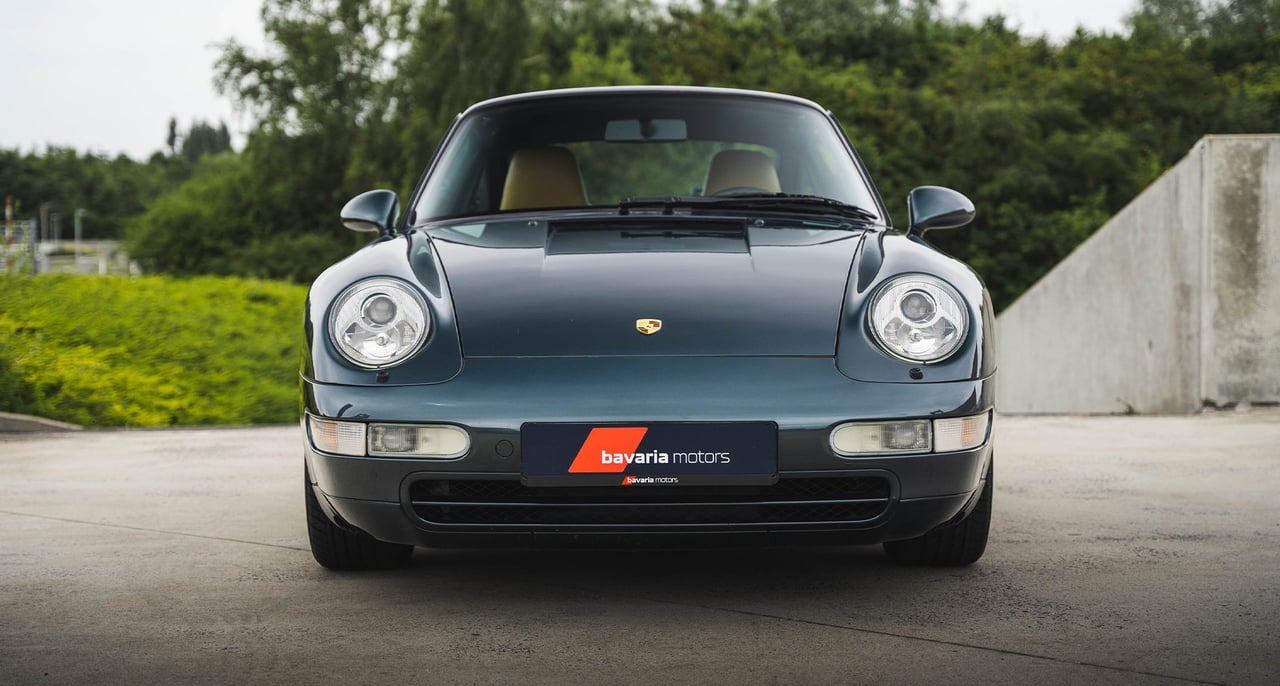
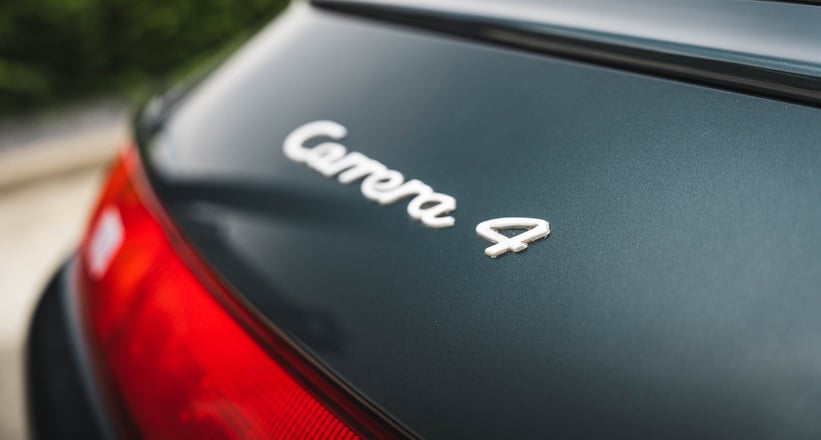
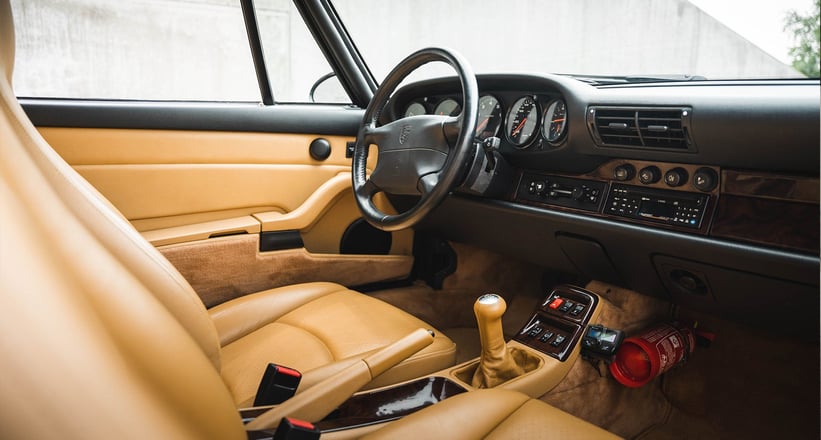
Penned by English designer Tony Hatter in 1991, the Porsche 993 retained the basic body shell architecture of the 964 and other earlier 911 models. Still, according to Porsche themselves, this new model was "a significant advance, not just from a technical, but also a visual perspective."
It’s easy to see those visual differences, and this Aventuragrün Metallic over Beige leather example perfectly carries the more muscular body styling. Simplicity is the key with this Carrera 4 – its curved rear arches sweep around to an organised rear end, with black vents hiding the air-cooled engine. With the prices of every generation of the 911 rocketing, we think this perfectly spec’d example is the one to keep hold of.
“Pretty Car”
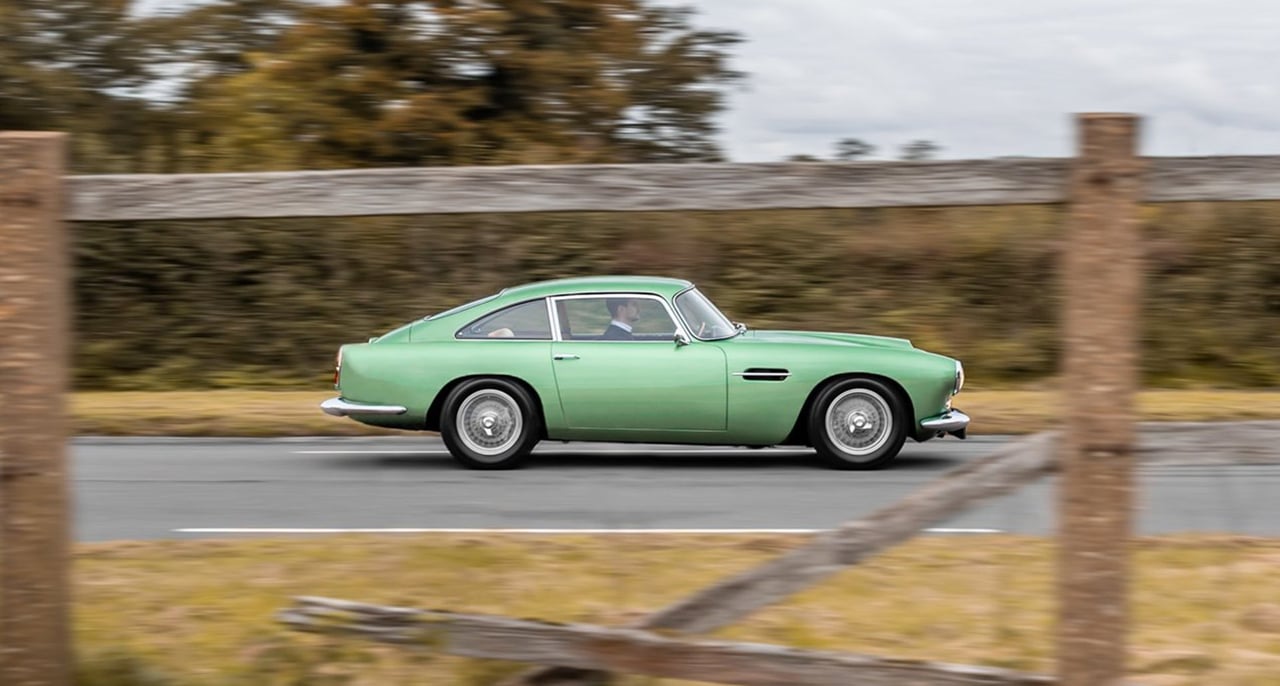
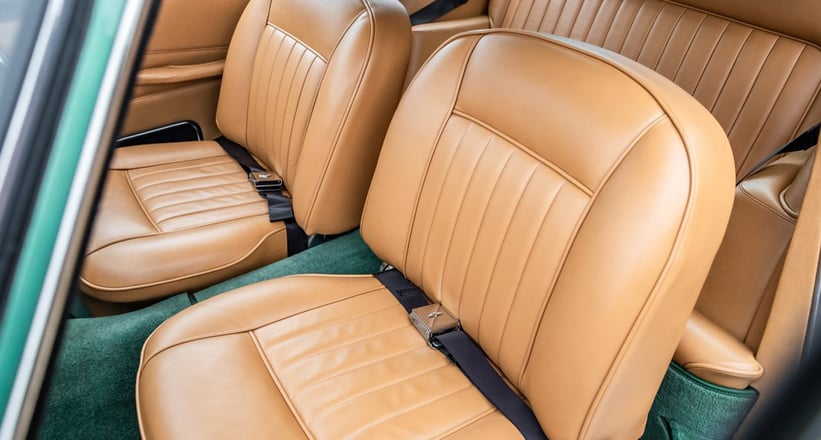

We conclude our green journey with arguably the most beautiful Aston Martin ever produced: the DB4 Series II. Our advice, if you happen to be high up in the Italian Alps and see a digger approaching the car, jump in and drive away!
Delivered back in 1960, this Sea Green example is one of the more vibrant shades offered by Aston Martin at the time, with many opting for the slightly more subtle California Sage. However, the vibrancy gives the DB4 real road presence and effortlessly compliments the tan leather interior. To bind the two colours even more, the New Wilton carpets add a natural freshness to the cabin. If it’s style, charm, heritage and a glorious soundtrack you’re after, look no further.


















